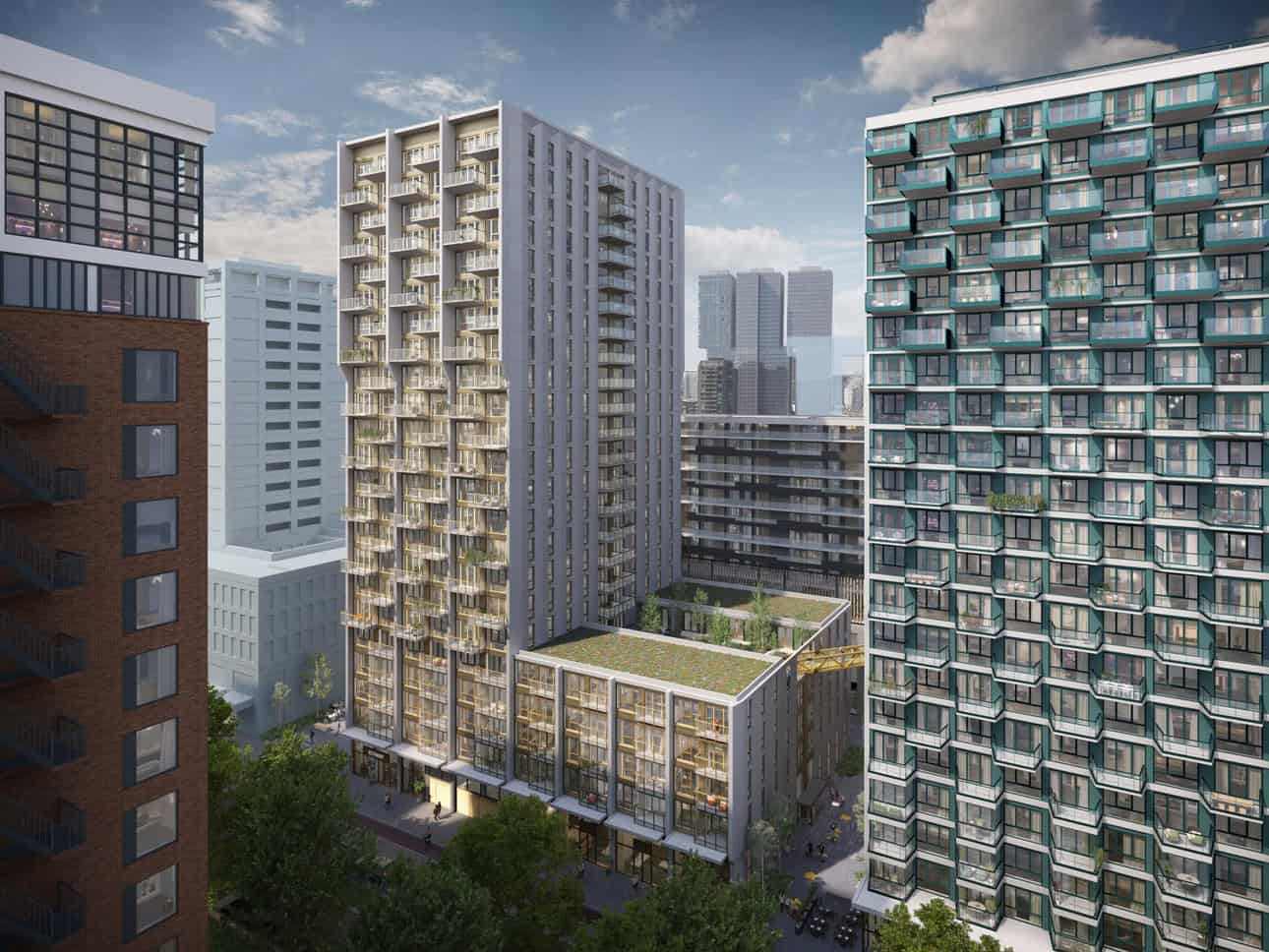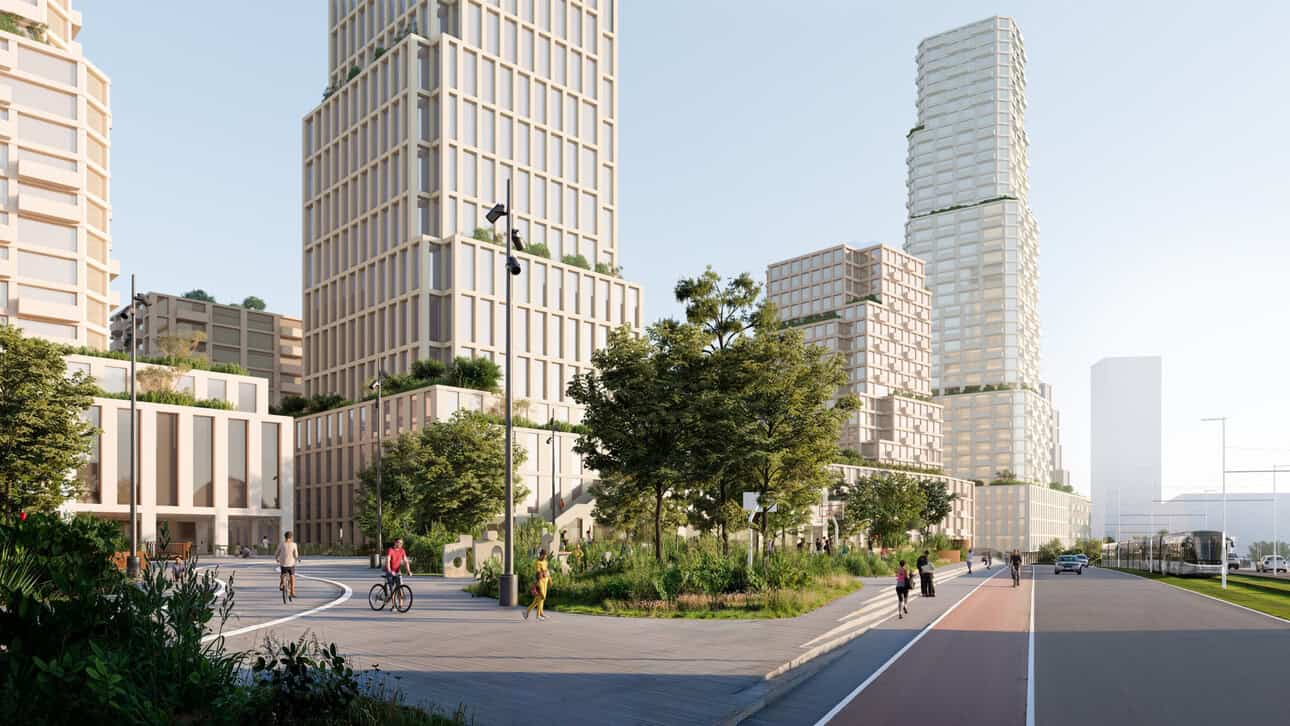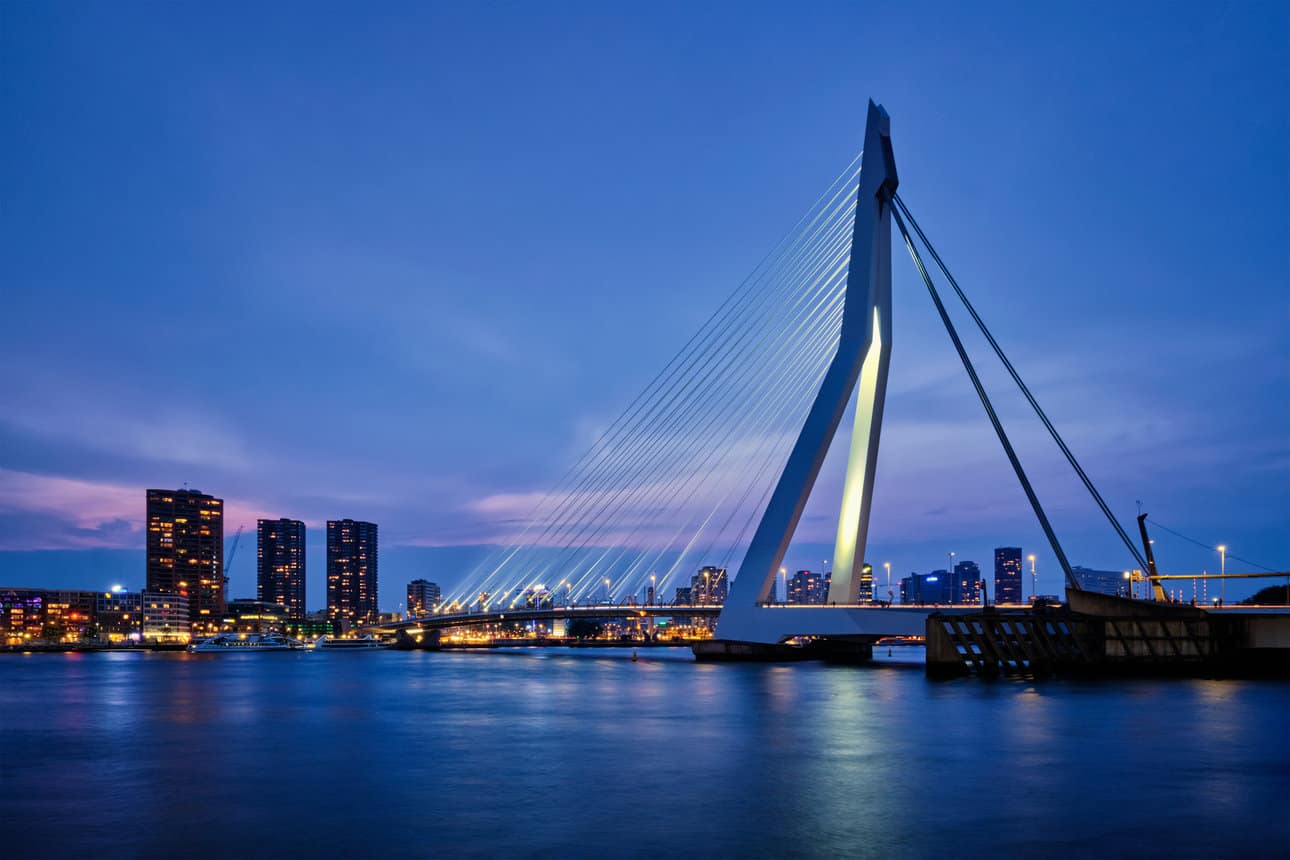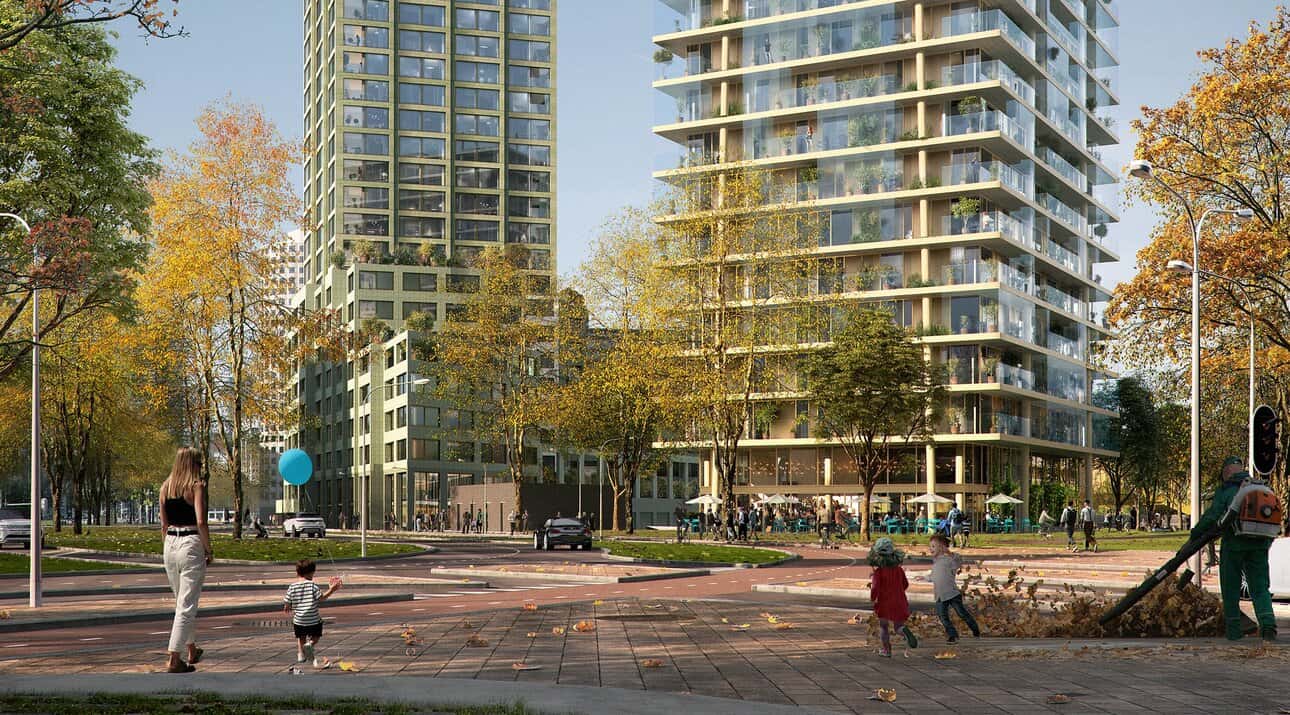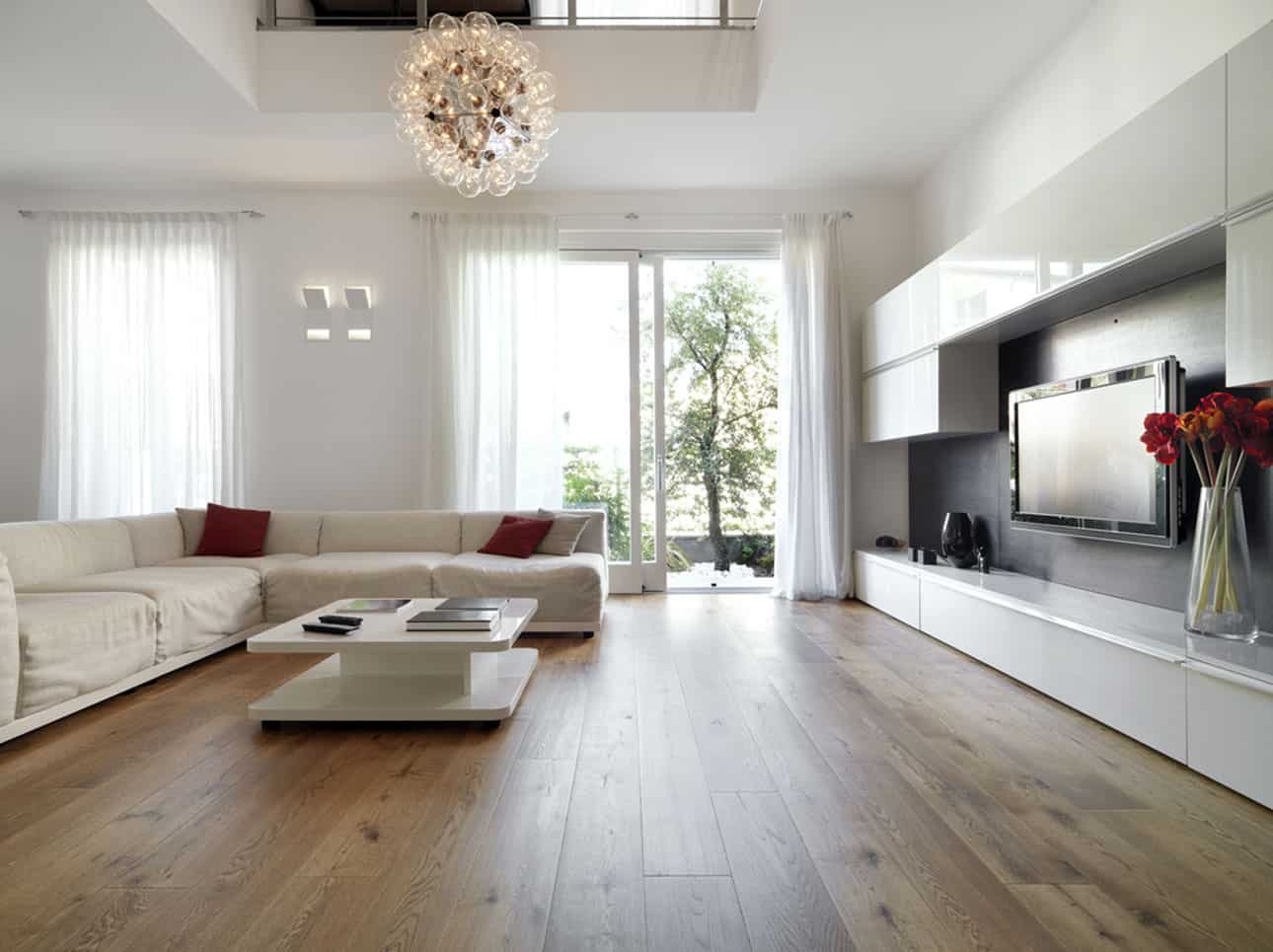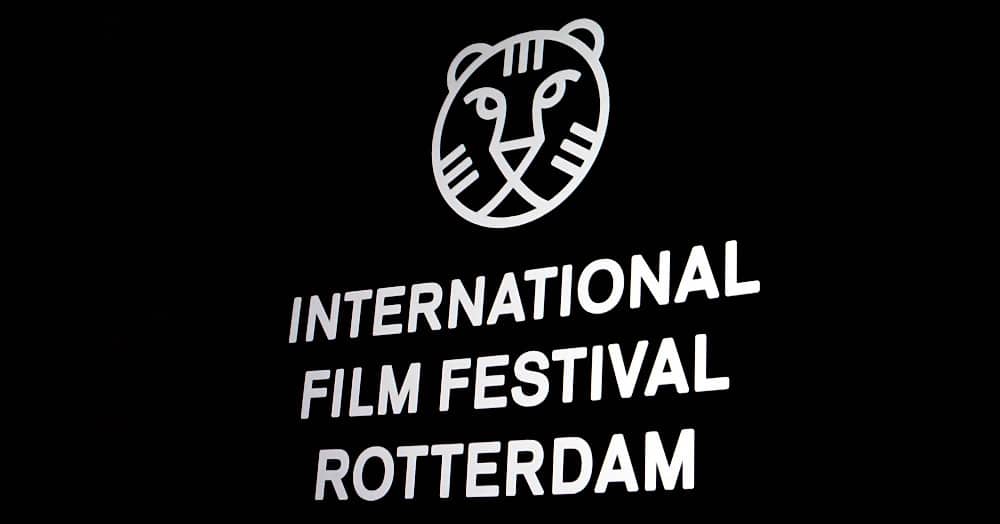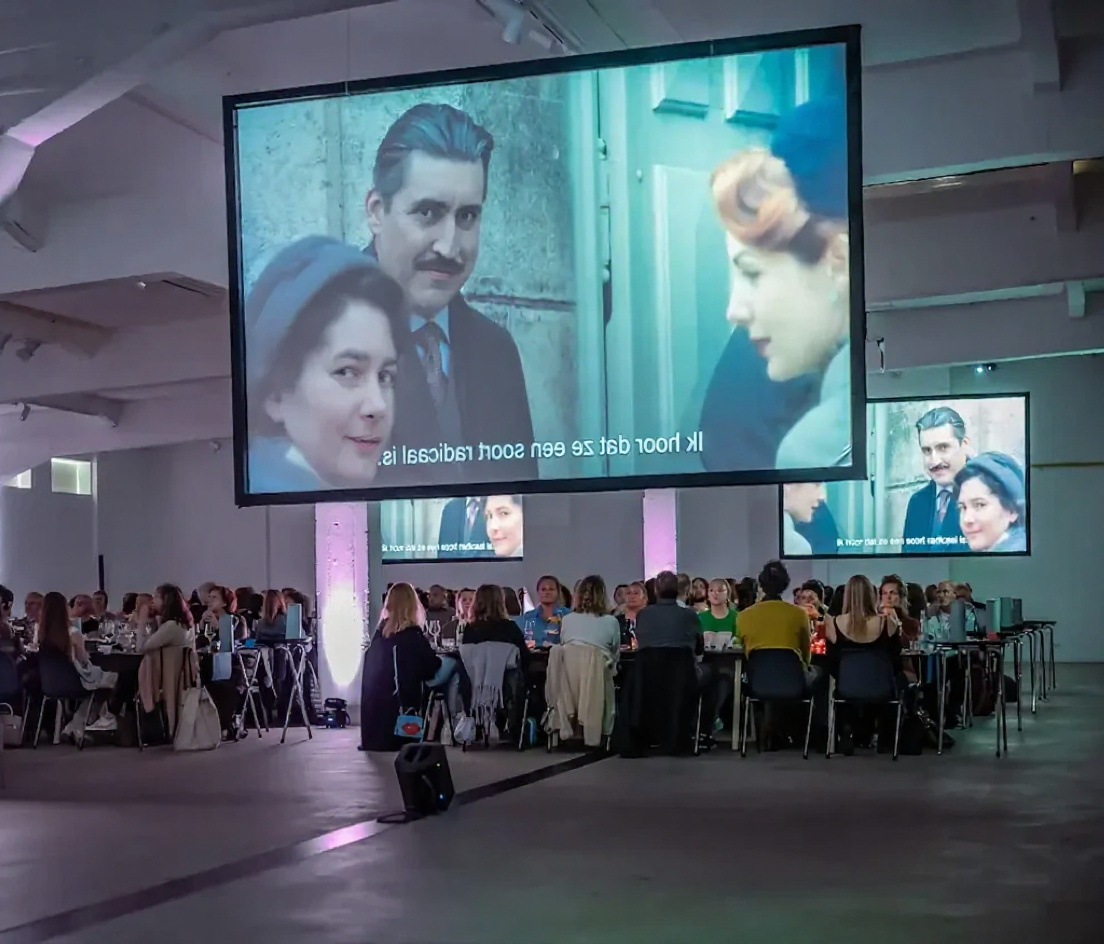Ever wonder how many millionaires live right here in Rotterdam? Our port city might not be Beverly Hills, but the wealth is quietly growing in surprising ways. Grab a latte—because we’re about to look behind the curtains at the numbers.
Homes and households
Let’s start with the basics. According to the 2024 update of the Regionale kerncijfers Nederland dataset, Rotterdam counted 341,460 private households on 1 January 2024. That’s up from 337,842 households the year before, so we’ve welcomed a few more neighbours. The same dataset shows that our housing stock reached 324,597 dwellings at the start of 2024, slightly more than the 321,282 homes in 2023.
And homes are looking pricier, too. The average property value (the WOZ value, which is used for property tax) jumped to €334 thousand—about €15 thousand more than in 2023. Think of it as your house giving itself a makeover while you slept. CBS doesn’t publish official counts of “million‑euro homes” per municipality; instead, it tracks overall values. But the rising WOZ suggests that property wealth is on the up, which helps explain why we’re seeing more millionaire households.
Millionaires in Rotterdam
So, who counts as a millionaire? CBS says you’re in the club if your assets minus debts add up to at least €1 million, and yes—your home (after the mortgage) counts. Nationwide, about 452 thousand households meet that standard. In Rotterdam, only 3 percent of households do—roughly ten thousand households when you multiply that percentage by our household count. We’re not Monaco, but we’re far from impoverished.
Where their money comes from
Most Rotterdam millionaires aren’t living off trust funds or yacht charters. CBS data show that the median millionaire household has €1.6 million in assets. Two‑thirds sit between €1 million and €2 million, a quarter between €2 and €5 million, and only a tiny elite—about 3 percent—have more than €10 million.
Their wealth is usually tied up in businesses and property. About 40 percent of millionaire wealth comes from significant business interests and business assets and another quarter is tied up in the family home. Nearly 40 percent of millionaire households get their main income from a pension, and 55 percent of working millionaires are self‑employed. That self‑employed share used to be higher—71 percent back in 2014—so more of today’s millionaires are professionals or retirees rather than just entrepreneurs. For non‑millionaires, by contrast, more than three‑quarters of wealth is in the home.
Rotterdam vs. the rich villages
If you think 3 percent sounds small, you’re right. In places like Bloemendaal and Laren, roughly one in three households is a millionaire. Even our neighbours in Amsterdam (6.2 percent), The Hague (5.1 percent) and Utrecht (5 percent) have far higher shares. Wealthy enclaves such as Blaricum (25 percent), Heemstede (24 percent) and Wassenaar (23 percent) are also awash with affluent families. On the flip side, provinces like Groningen, Flevoland and Limburg barely break the 4 percent mark, and municipalities such as Brunssum, Heerlen, Kerkrade and Nissewaard record some of the lowest millionaire densities. So Rotterdam sits somewhere in the middle: not dirt poor, but not dripping in diamonds either.
So what's the TL;DR?
To wrap up: around 10 thousand millionaires live among our 341 thousand households. Homes are gaining value—up to an average €334 k—but the millionaire share is still just 3 percent. That makes Rotterdam a bit like a well‑loved handbag: stylish and practical, with just a hint of luxury—but it’s no luxury label yet. And maybe that’s exactly why we love it.


